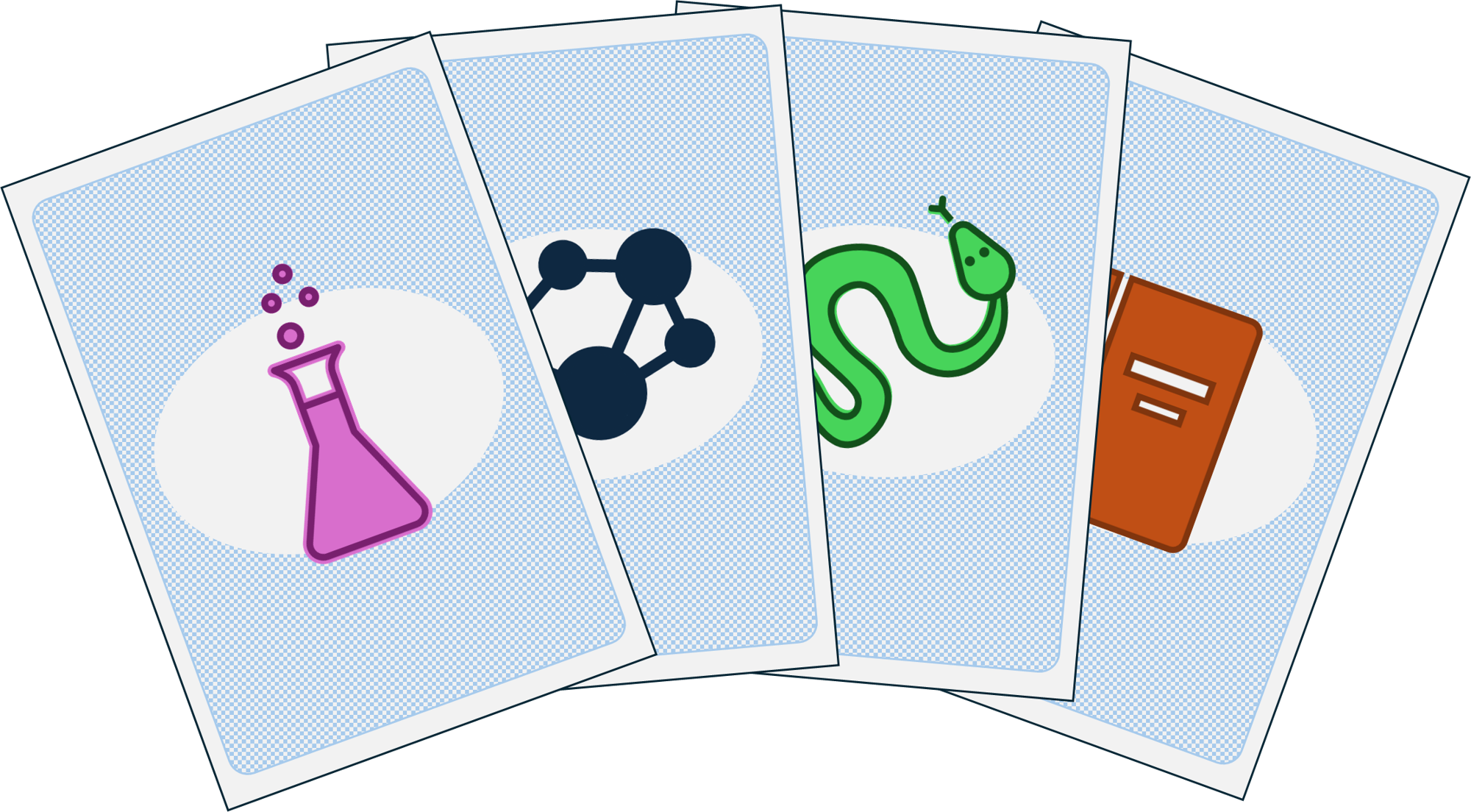Research and Academic Projects
Please see below my various undergraduate and postgraduate academic projects in reverse chronological order.
📝 MSc thesis, Queen Mary, University of London (2023/2024)
MSc thesis supervised by Dr Rainer Klages. Abstract below:
The statistical analysis of marine life foraging patterns is of contemporary significance, in view of the global pursuit to conserve oceanic biodiversity. This thesis seeks to understand sea turtle foraging patterns by applying the theory of Brownian motion to empirical data. Firstly, we explore a hierarchy of stochastic processes, ranging from the simple random walk to Langevin dynamics, in order to motivate the statistical analysis. The established theory is then applied to satellite telemetry data of three loggerhead sea turtles, foraging off the coast of West Africa. The data analysis revealed that the turtle foraging patterns do not strictly obey the theory of Brownian motion, shedding light on the complexity of animal movement.
The PDF of this thesis can be found below.
📝 MSc presentation, Queen Mary, University of London (2023/2024)
MSc presentation as part of the Research Methods module of the MSc. Abstract below:
The Lotka-Volterra equations describe the coupled interaction between predator and prey population densities. This five-minute presentation explores the mathematics behind the 'Paradox of the Pesticides', a phenomenon that describes the perceived loss of prey density when pesticides are introduced to a two-species system.
The PDF of this presentation can be found below. Please download the PDF to see the animations appropriately.
📝 2021 Report, Centre for Excellence in Mathematics (2020/2021)
An action research project to assess the impact of tutor feedback tone on students’ motivation to study mathematics. Abstract below:
In this manuscript, we evaluate the efficacy of providing students with formative and summative assessment feedback of various tones. By contrasting student reactions to a variety of feedback, we aim to enlighten UK-based educators across the Further Education sector on the optimal approach to authoring assessment feedback to improve learners’ engagement and conscientiousness. In a perpetually changing educational landscape, we were particularly interested in teachers’ opinions of feedback and to assess whether attitudes are changing toward more traditional forms of feedback. When reading educational academic reports, one should note well that the outcomes of such research are seldom transferrable. We hope that this report enables the reader to apply transferable techniques in order to better their provision of assessment feedback to the benefit of their learners.
The PDF of this report can be found below.
We also presented the findings online. Please see the video below.
📝 2020 Report, Centre for Excellence in Mathematics (2019/2020)
An action research project to assess the impact of introducing EdTech graphical software (e.g., GeoGebra or Desmos) to GCSE-resit Mathematics lessons on students’ motivation to attain a pass in the subject. Abstract below:
We begin to evaluate the use of GeoGebra in aiding students’ understanding of various geometrical concepts outlined in the UK GCSE Mathematics curriculum, providing both qualitative and quantitative data to justify our claims. Though the investigation was left inconclusive, due to the international COVID-19 pandemic, this script should provide a comprehensive insight on how the investigation was intended to be conducted. We further wanted to investigate to what extent mathematical applications were being used by teachers and students. In an ever-changing educational landscape, we were particularly interested in the number of teachers within our partner schools using technology in the classroom and, more specifically, which applications. We acknowledge the importance and benefit of independent study in mathematics and consider whether the introduction of the GeoGebra application to students would encourage a greater degree of self-learning through investigation of the application on mobile devices.
The PDF of this report can be found below.
We also presented the findings online. Please see the video below.
📝 MMath thesis, University of York (2017/2018)
MMath thesis supervised by Dr Leon Loveridge. Abstract below:
We review the definition of the canonical coherent state, as proposed by Roy Glauber in 1963, and prove the equivalence between its notable properties. We then generalise the notion of quantum coherence, by first defining the set of incoherent states. Throughout this manuscript, we consider methods of quantifying the coherence of a given quantum state. Upon defining linear functionals and matrix norms, we establish the tools required to construct coherence measures. This leads to the review of the conditions that functionals must satisfy in order to be considered appropriate quantifiers of coherence. By studying three examples and three counter-examples of coherence measures, we analyse the difficulty of constructing such functionals. We then expand the idea of quantifying coherence into infinite-dimensional Hilbert spaces, providing an extra property that finite-dimensional coherence measures must satisfy in order to be suitable quantifiers of coherence in infinite-dimensional systems. We conclude by quantifying the coherence of the canonical coherent state, using the relative entropy of coherence.
The PDF of this thesis can be found below.

